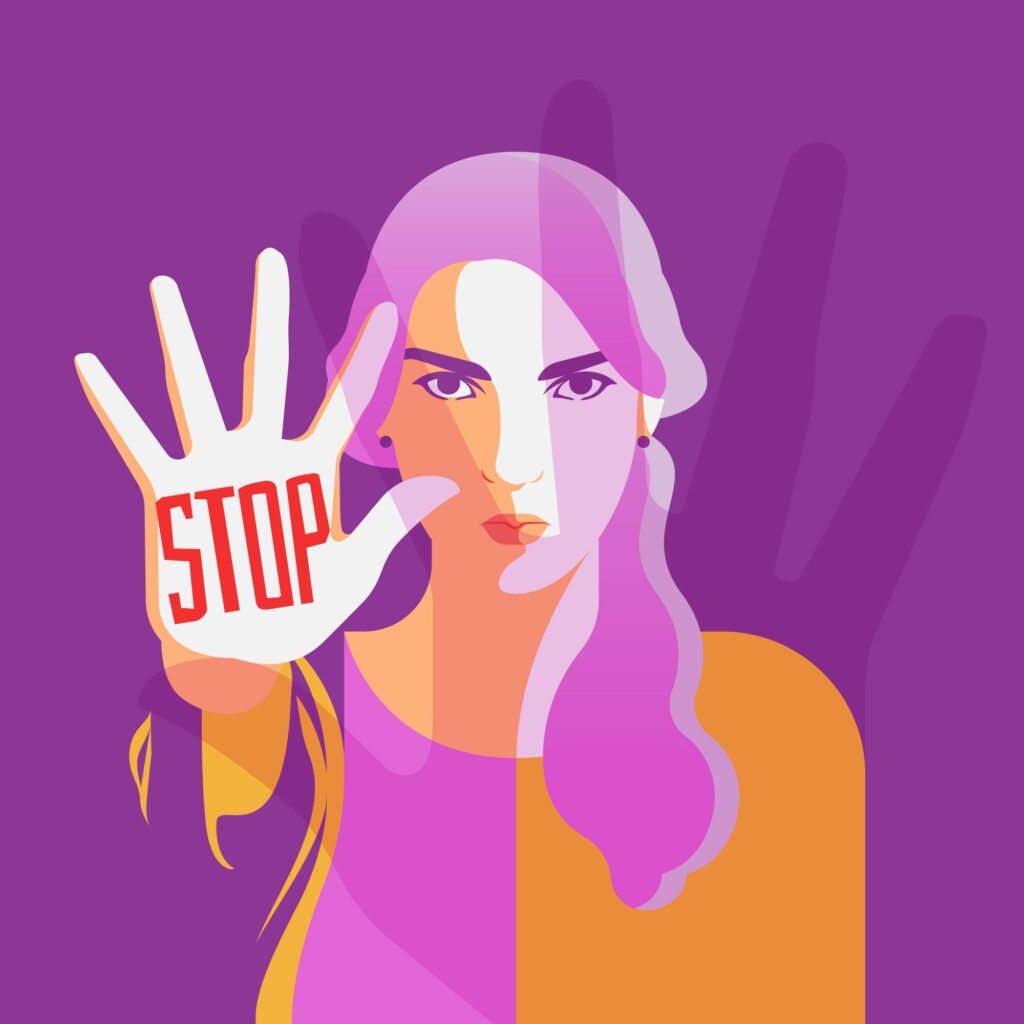Respecting Boundaries: Understanding Consent

Sexual relationships can be enjoyable between two consenting adults over 16. Getting consent is important! If you don’t, it’s illegal and can have a devastating effect.
WARNING: Due to the nature of the subject, some of the content in this blog may not be suitable for some of our younger readers.
This blog is part of our No Shame No Secrets – Sexual Health and Wellbeing Campaign, where we look at many different elements of keeping yourself sexually healthy and safe. You’ll find links to all our campaign blogs here, and follow our social media channels to watch some fun videos (links at bottom of this blog).
What is Consent?
Sexual consent is when someone says it’s okay for another person to have sexual contact with them. If consent is not given and the other person carries on, this is sexual assault in the eyes of the law. If this contact includes sex (vaginal, anal or oral sex), then this is rape. Anybody can be a victim of sexual assault regardless of sex, sexual orientation, gender identity, and background.
There are no blurred lines when it comes to consent. This ‘Tea and Consent’ video explains it well in a lighthearted way.
Someone has the right to change their mind and say no at any time, even if they agreed to it at the start. Rejection can be tough, especially when things have started to become intimate, but just because you thought things would go further doesn’t mean that the other person has to.
If someone doesn’t say ‘no,’ this does not make it a ‘yes’. Just because they don’t say no doesn’t mean they are consenting.
When can someone not give consent?
The legal definition of consent is “a person consents if they agree by choice, and has the freedom and capacity to make that choice”.
Let’s look at these individually:
Freedom is if someone isn’t free to choose whether they want sex or are threatened to make a choice. They have not given consent.
Capacity is someone’s state of mind and their ability to make a choice. If someone has mental health issues, isn’t fully conscious or is under the influence of drink or drugs, they don’t have the ‘capacity’ to make a choice. This means they can’t legally consent to have sex.
If you’re struggling to understand capacity, these examples might help:
- If someone is drunk and semi-conscious, they can’t give consent to have sex or engage in sexual activity
- Consent can not be given if someone is asleep or unconscious. This is still true even if they agreed to sex or sexual activity earlier.
- If someone is fearful and has been threatened into having sex or be involved in sexual activity, they have not given consent
Check Brook’s Consent Myths and Facts page for further examples and helpful information.
Why is understanding consent important?
Understanding consent leads to healthy relationships and safe, enjoyable sex.
The consequences of not understanding consent can be serious. Sexual assault and rape can have a massive effect on both of you. The person who didn’t give consent will feel distressed and violated. The person who didn’t get consent could face a criminal record, a fine, a probation order or prison. They could even be registered as a sex offender.
Talk to them if you’re unsure how your partner feels about it. Find out what they are comfortable with. Get an enthusiastic “yes” before any sexual activity, and try not to put them under any pressure. Respecting your partners’ decisions and feelings is important in all relationships.
Further Information
- No Shame No Secrets – Meic’s sexual health campaign
- Rape Crisis – specialist information and support to those affected by rape, sexual assault, sexual harassment and all other forms of sexual violence and abuse. Check out their What is Sexual Consent page
- NHS Wales – Rape and Sexual Abuse page
- Welsh Women’s Aid – charity in Wales working to end violence against women and girls
- Live Fear Free – helpline providing help and advice about violence against women, domestic abuse and sexual violence
- Men’s Advice Line – helpline for male victims of domestic abuse
- Galop – LGBT+ anti-abuse charity working with and for LGBT+ victims and survivors of abuse and violence
- Children’s Legal Centre Wales – the law around sex and consent

Talk to Meic
If you are unsure and want to discuss this, contact us here at Meic. We are here every day, 8am-midnight, to offer support with further advice and information. If you feel that you may have been a victim of sexual assault, we would always encourage you to speak to a trusted adult, such as a parent, doctor, teacher or social worker, who can encourage and support you to report this to the police.
Meic is the information, advice and advocacy helpline for children and young people across Wales. Contact us by phone, WhatsApp, text or online chat – it’s free, confidential and anonymous.




















